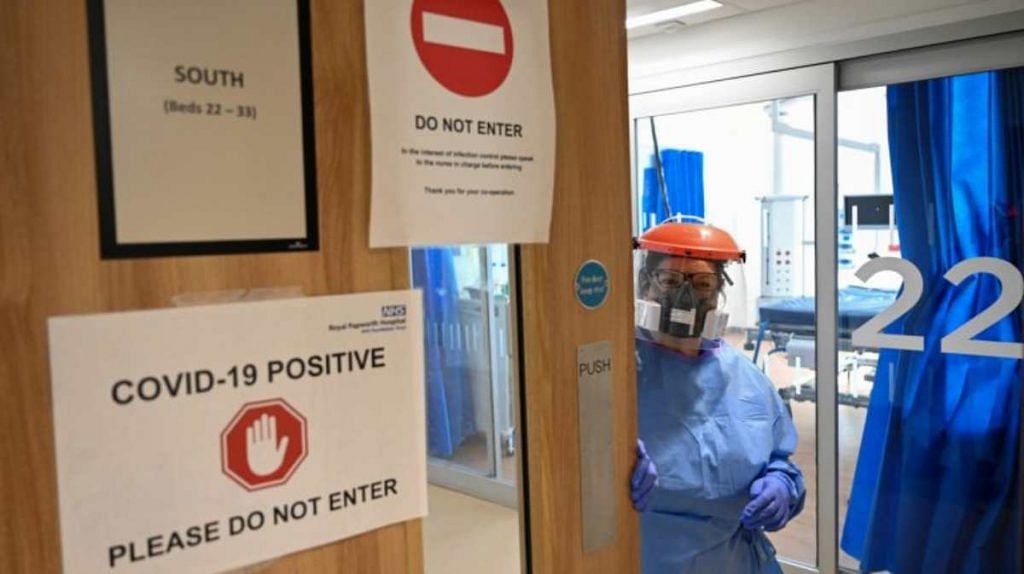New Delhi: The South Asian communities in the United Kingdom are more likely to get infected by Covid-19, become severely ill and even die than any other minority ethnic community during the second wave of the pandemic, a new paper in The Lancet stated.
Even during the last wave in the country, which lasted from February to September 2020, minority ethnic groups were found to be at a higher risk of getting infected by the virus, getting hospitalised, being under intensive care, and eventually dying when compared to the white community.
For example, a study of the Covid-19 deaths in the UK between March and May last year found that mortality rates were highest for the blacks.
However, during the second wave from September to December 2020, all other minority ethnic groups have fared better, but not the south Asian communities.
While the reduced risk among blacks and mixed ethnic groups during the second wave has been encouraging, it has been noted with concern that an opposite trend emerged for South Asians, for whom the risk of more adverse Covid outcomes was increased in the second wave, the study, published on 30 April, noted.
Also read: Aerial cremation shots, Modi’s failure — how global media has covered India Covid crisis
Factors responsible
Among a range of factors responsible for the differential impact of the virus on south Asian communities, one is that more than any other community, South Asians (21 per cent according to the 2011 census) tend to live in multi-generational settings and households, the study said.
According to the authors of the study, other factors would include blood pressure, body weight and other underlying health conditions, along with socio-economic deprivation in the form of relatively limited access to healthcare, living in backward areas or having frontline jobs and greater occupational risk.
Stigma and underlying racism may have a role to play in why the virus is known to pose a greater risk on minorities, it has been argued earlier.
According to a report by Kevin Fenton, regional director at Public Health England, the experience of stigma, racism, discrimination and fear among ethnic minorities has made them more vulnerable.
The study goes on to argue that there is a pressing need to ensure that ethnic minorities get vaccinated, and the hesitancy among the groups is addressed and dispelled.
“Unless direct measures are taken to increase vaccine confidence, differential vaccine uptake could further exacerbate health inequalities faced by minority ethnic groups compared with white groups,” the study said.
(Edited by Debalina Dey)
Also read: If you claim India’s Covid death toll is 2x govt figure, it’s understandable. But not 10x
